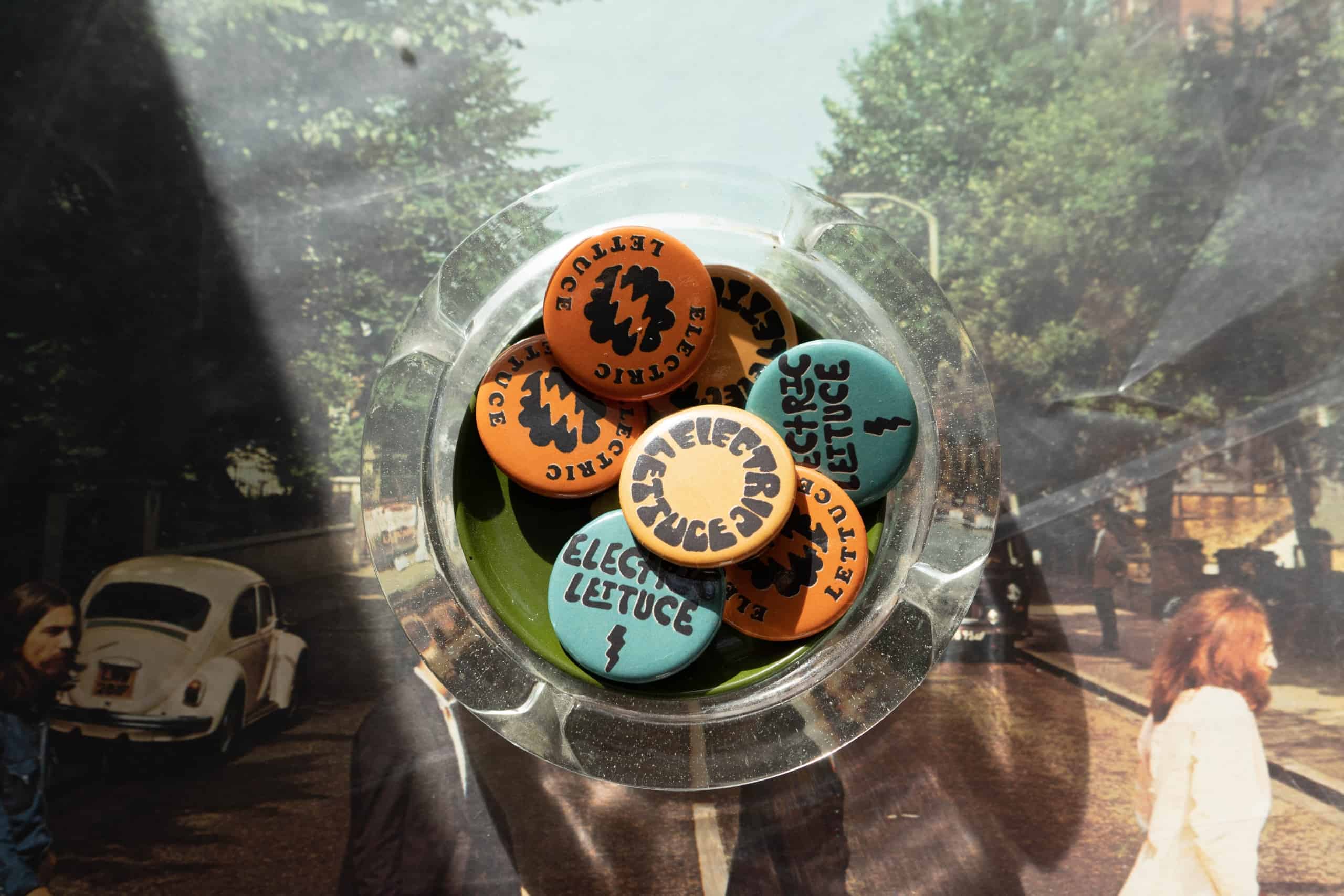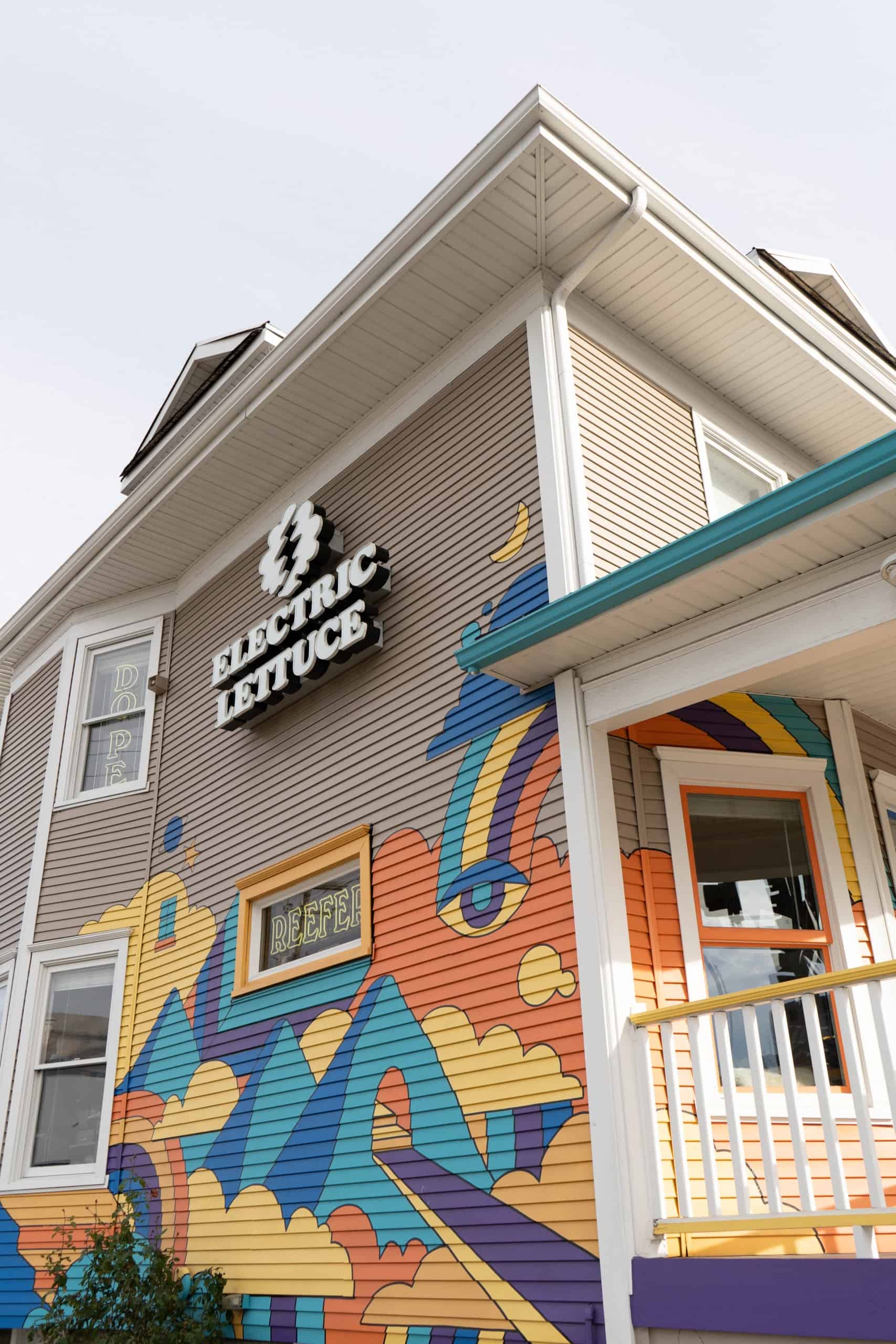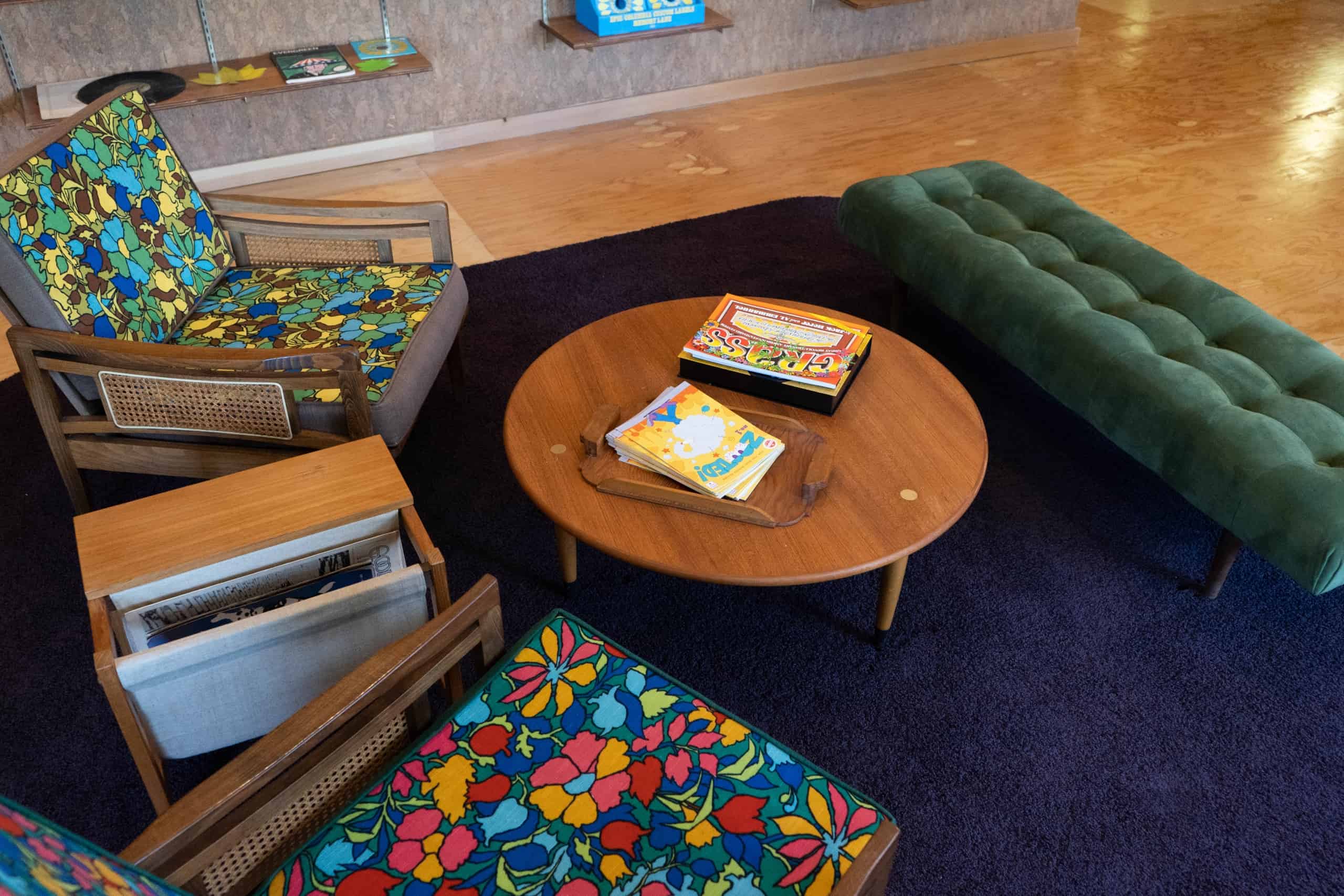As a pot-smoking teenager in Golden, Colorado, Ryan Brown didn’t imagine that he’d wind up as a cannabis CEO. After earning an MBA, he went on to build a successful career as a business strategy consultant. But seeds planted in those early days would come to fruition.
“My very good high school friend Mickey became one of the very first employees over at Native Roots when it was itty bitty, a singular store and this super scary grow,” Brown says with a laugh.
Every month or so, Mickey Kreger would invite him out for a beer and pick his brain about how to scale a business. Pretty soon, Kreger began trying to convince him to join the vertically-integrated Colorado company.
“You know, in those days there were very few professional background folks that dove headlong into leadership positions in the cannabis industry unless they were the founders,” Ryan says. “So it felt like a fairly risky thing to do at the time.”
After meeting the founders and major investors he felt better. “I realized that this thing was absolutely going to take off–both the industry and this company,” he says. “Maybe there’s some risk here, but it felt like such a compelling opportunity to really help shape and drive–not only the nature of the Native Roots organization, but the industry, the consumer experience…So at that point, I said: Hell yes, let’s do it. And I’ve been glued to the industry ever since.”
In 2016, he became the Chief Revenue Officer and was promoted to CEO the following year. During his tenure, Native Roots briskly expanded across Colorado and became the first licensed cannabis company to operate in both the United States and Canada.
“The level of passion and commitment was through the charts,” he says. “I’ve spent a lot of time with companies that were up to dozens of billions in annual revenue. And I never experienced that level of passion. Not even close.”
The passion hasn’t diminished in the ensuing years, Brown says, observing that the industry continues to attract people who have some real reason to be there. “There’s almost always some thread of just pure commitment, of passion,” he says.
Eyes on Oregon cannabis
In 2021, Brown’s own passion for exploring new horizons took him to Oregon, which he describes as, “Such a great landscape from which to create something exceptional and special. There’s high competition, just amazing commitment to the product, a lot of creativity, and also a super fragmented business landscape from which to continue to grow.”
He’s now CEO of Groundworks, which operates several prominent Oregon brands, including Electric Lettuce. The company has twenty-three stores in Oregon and anticipates opening seven more in the coming year, with plans to expand into other states.
Groundworks dates back to 2016; their first retail operation was Serra, which offers a “premium” experience. Brown describes these stores as “Elegant–beautiful design and art paired with amazing cannabis that leans really heavily toward woman-owned brands.”
A year later Groundworks created Electric Lettuce, with the intent to appeal to a broader audience while retaining a unique vibe, which Brown describes as “the wonder and wellness and fun part of cannabis, something that will make people smile when they walk into it.”

The brand’s look could be lifted from a Beatles album, with shades of Jimmy Cliff and Jimi Hendrix. In playing on the ‘60s and ‘70s theme, Electric Lettuce goes beyond aesthetics and works to embody the fight for social justice that rose to prominence in those decades. This includes buying from companies owned by diverse founders and investing dollars and serious time into nonprofits that are working to evolve the makeup of the industry.



Brown is a big picture guy. He’s helped both Native Roots and Groundworks analyze their teams and strategies to effectively improve products and scale chain establishments. But he learned the hard way during his tenure at Native Roots that creating a consistent customer experience is not necessarily the recipe for success in cannabis retail, where consumer needs and preferences vary widely by town, or even neighborhood.
Over the past six years, he’s asked the same question in surveys and focus groups: Do you prefer consistent access to the products that you care about or do you prefer to be surprised and delighted by something new all the time?
“The answers are always about 50/50,” he says, laughing. “In my experience, you do a little bit of both. You need to have your core. But there’s so much change in this industry. There’s so much innovation, with new products coming out constantly. And that’s actually the thing that I love about this market in particular—there’s a ton of small companies rapidly innovating on everybody else’s work. How do we not let the fruits of all of that great work get out to the consumer landscape? It’s our obligation.”
To keep tabs on the evolving landscape, he relies on the people with their ears to the street.
“It’s connecting with the team on the front lines of our business, which is the growers themselves and the retail budtenders,” he explains. These relationships are vital for several reasons. “If I’m not actually going into stores and spending time with the team and listening and taking feedback–and then making changes–It’s really hard for them to not feel anything but a cog in a machine.”
This sense of the impersonal is something he wants to avoid—both for their workers and for the consumer. By creating community with teams and encouraging a sense of ownership over the company, Brown helps build store environments where a consumer is likely to walk in and have an authentic experience with someone who genuinely cares about what they’re doing. But his reasons aren’t totally mercenary.
“When somebody joins the company, we need to be embedding the values that we have here in their experience on an ongoing basis, for their entire journey with us. And if we’re not doing that, if we’re starting to cut off the opportunities for fun, and for wonder, and for wellness? Then it sucks, you know?”
Guided by values
To keep their values in line, Groundworks has a DEI committee of budtenders and store managers who drive company priorities. They also try to create fun and original experiences. In addition to happy hours, barbecues, and free tickets to local festivals like Pickathon, they host team product trials, including a joint rolling competition (which Brown describes as hilarious).
Brown is excited by the challenge of working in Oregon, arguably one of the most discerning havens of cannabis consumers in the world. When he mentions this, I agree heartily, though admit that I may be biased as a native of Eugene and its environs.
Brown laughs. “The Eugene area I love,” he says. “The college towns are like the best and also the most challenging–by far the most discerning consumer. At that stage, your level of things you need to accomplish on a day-to-day basis are largely school and socializing. And so you use the opportunity to get really smart about random stuff. And many college students take the opportunity to get really smart about their cannabis consumption. And I was that college student. So I totally understand that.”
He still is that guy. When asked about his favorite strains, Brown looks excited. “So we grow a product through Pruf called Delicacy, and I love that strain. I also love Tangie Biscotti. We introduced it a number of years ago, won a bunch of awards, and then the product quality degraded over time. We didn’t feel like we could represent that to this consumer landscape. So we went through and refreshed the genetics. It’s out now, and it’s fantastic–just a little bit of citrus, and the right sort of mellow for me personally. Love it.”
The bigger picture
Oregon’s discerning market is giving Brown a chance to reach a higher level of excellence that’s part of a larger plan.
“I’m really excited to prove that brands that are successful in highly competitive markets—and I’m thinking about Electric Lettuce when I say this—these brands have legs across the country. Basically, I want to demonstrate that companies from markets that look and feel like Oregon have the opportunity to be every bit and even more successful than the large companies that have been born through limited license markets where the competition is low and thus the environment for challenges moderated.”



When I ask him where Groundworks will be in a year, he doesn’t hesitate. “Well, I think in a year or two we’ll have probably north or around forty stores in the state and we’ll be working heavily on state number two. We’ll have really fun new products in the market, and we’re going to be on our pathway to share this rich cannabis heritage outside of Oregon, beyond California—pushing into the center of the country.”
To Brown, this is about showing the world that cannabis consumers are discerning and will choose an experience rooted in authenticity over the generic offerings of the existing retail MSOs.
“Oregon cares so much more about the craft than the noise around the craft. And I find that to be something to lean into. And I think over time, consumers will understand and appreciate the exceptional creativity and the beautiful work done here and respect that as some of the best cannabis in the country.”




